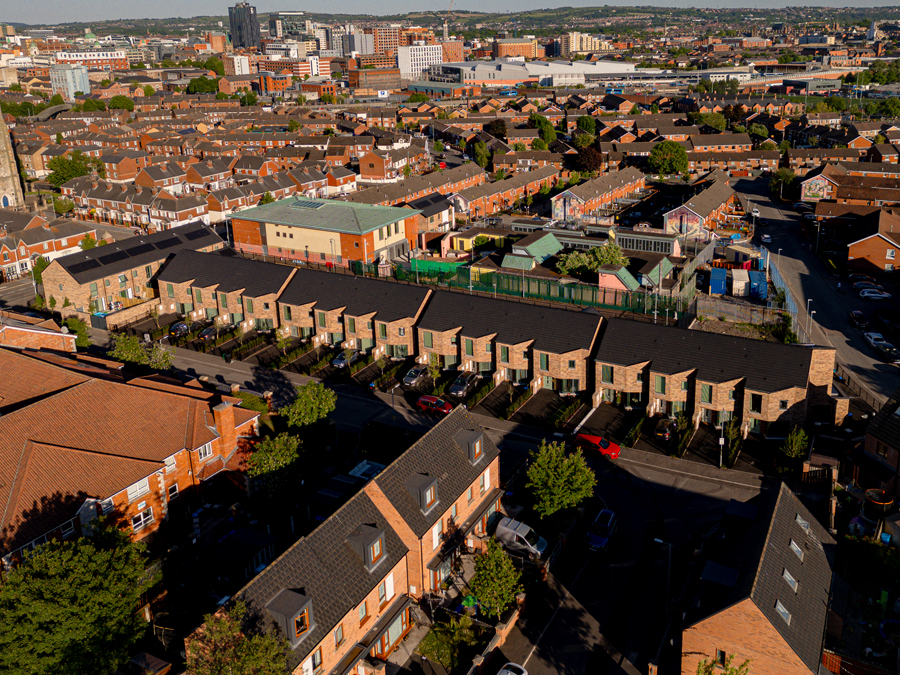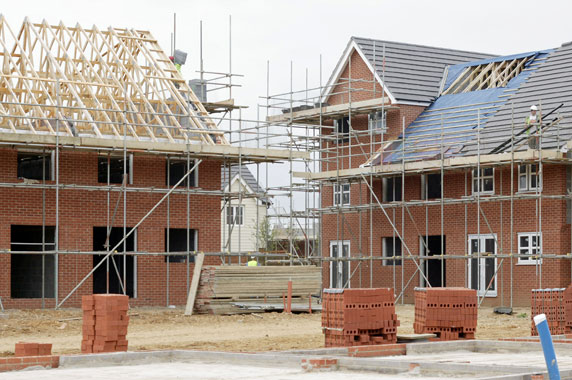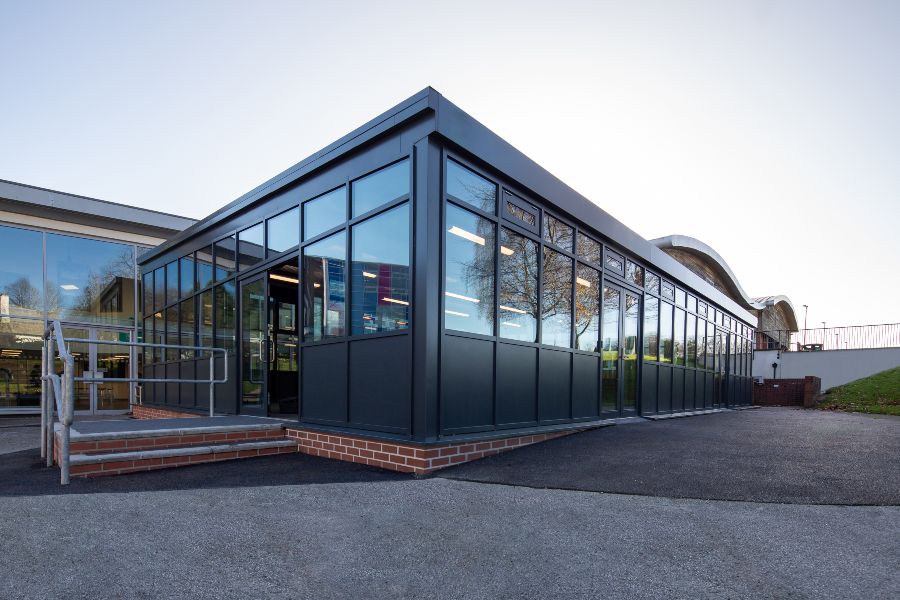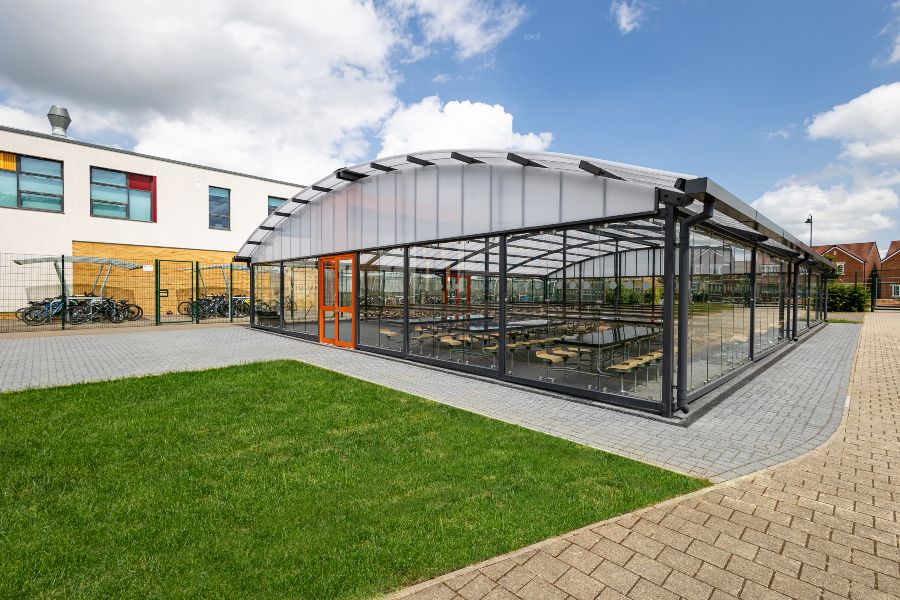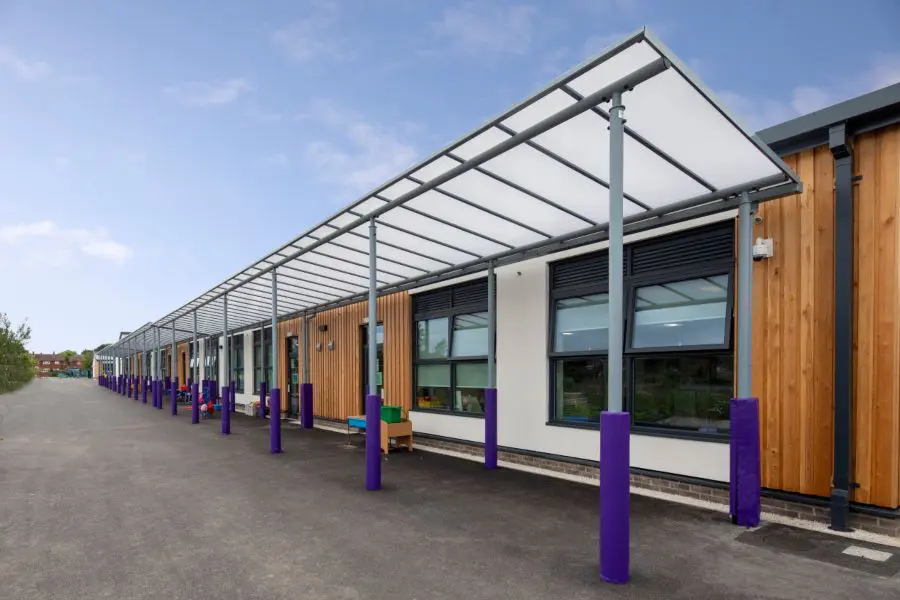New changes to Building Regulations have been announced by the Government that will come into effect from October of this year and will have an immense impact on the construction market, already under pressure as a result of the recession. The additional stringent legislations will demand greener, more efficient buildings.
Robert Giles, Project Manager for Simons Developments, comments on the changes; “The Government is targeting an increase in energy efficiency standards for both domestic and non-domestic buildings. The proposed changes will ultimately affect the Conservation of Fuel and Power and Means of Ventilation of the Building Regulations that are planned to come into force October 2010.
“Increasing investment in 'greener' energy efficient buildings will only add value to new developments. Whilst building construction costs will rise due to the changes, the building energy use will be more efficient and given energy costs continue to rise; this approach is certainly in the interests of the occupier and the environment.”
“The Government set out in its Building a Greener Future – Policy Statement (July 2007) that new homes will be net zero carbon from 2016. To achieve this target, increases to energy efficiency standards are planned in the order of 25% in 2010 and 44% in 2013.”
The new legislations will undoubtedly have a massive impact on future developments throughout the UK, Giles clarifies; “When the proposed energy efficiency standards on Conservation of Fuel and Power are strengthened in 2010 there is likely to be a desire to increase the air tightness of new buildings. It is therefore necessary to propose changes to the Means of Ventilation section of Building Regulations at the same time to ensure adequate means of ventilation is provided. The changes could add in the region of up to10% on the build cost, depending on the design and the project.
“There will be a 25% improvement on the current regulation on Conservation of Fuel and Power, as only so much can be improved on Building Insulation. Inevitably there will be greater emphasis on Renewable Energy which can be pumped back into the grid achieving, assisted and better, financial returns. This will provide building users with a quicker payback on investments, thus greater investment in Renewable Energy will add to the capital costs of building projects. Increased life cycle costs and payback periods will be considered, again pushing the boundaries on design and planning constraints.
”Air leakage and heat loss will be challenged and air testing will have greater importance together with ventilation improvements tied back to heat loss, increasing the overall performance of the Simplified Building Energy Model.”
Simons are already exceeding the benchmark in air test results; they target a 0.8 result compared to the national average of 1.2 and on specific developments achieve as little as 0.3.
Giles adds; “Building designers will have to provide target emission ratings prior to construction rather than just at post completion and the final assessment will have to meet, or better, the target rating; not forgetting that Energy Performance Certificates will be required to achieve practical completion.”
It cannot be ignored that the Government is also committed to addressing the energy efficiency of existing buildings and the changes therefore propose appropriate amends to the requirements when people elect to carry out building work to existing buildings.
Giles explains; “Refurbishments will be judged on a building by building basis, however generally if the building is greater than 1000 sqm then a refurbishment could see an upgrade to existing materials ensuring that the building envelope has a greater thermal performance. This improvement could be required if the building has a new installation, of say an air-conditioning system or new mechanical plant. The upgrade will be subject to the condition of the existing building and will be subject to viability judged on a 15 year payback period.”
Simons Property Group has offices throughout the UK in Bristol, Leeds, Lincoln, London, Stansted, Wakefield and Manchester. Current activity includes the development of the biggest shopping centre in Wales, St Catherine’s Walk in Camarthen, Tesco stores throughout the UK, Debenhams in Bath and Bury, Northampshire Healthcare NHS Trust and the biggest flagship M&S store outside of London, Cheshire Oaks.








